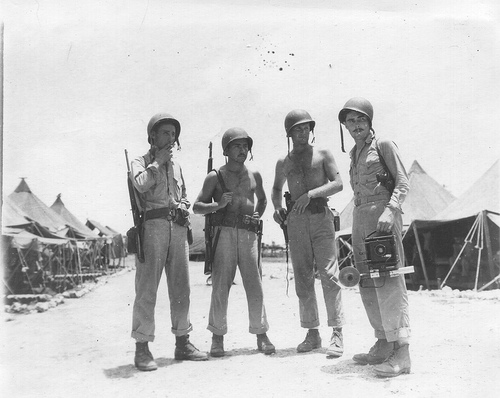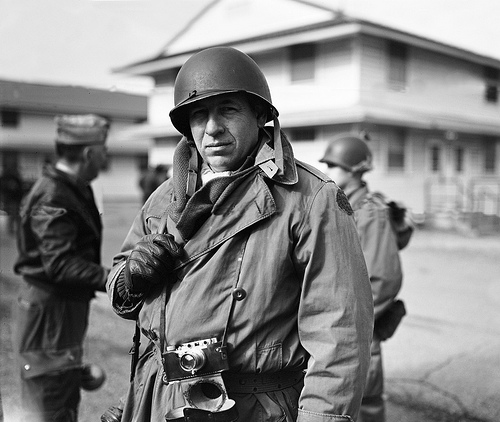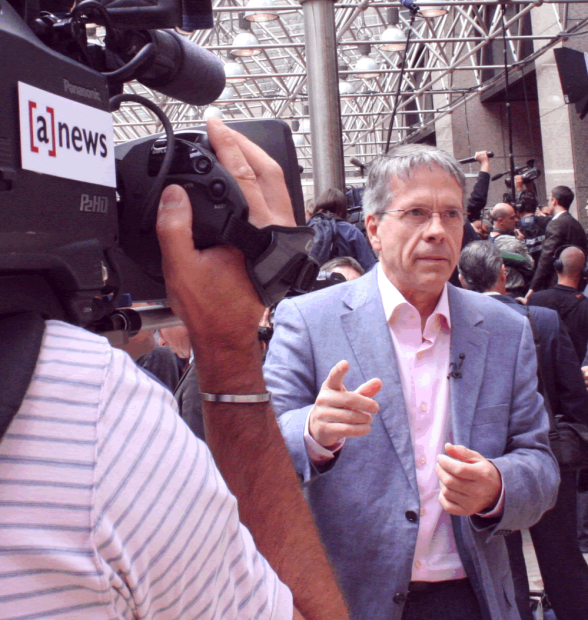José-María defies common stereotypes. Although he was born in Almería, in the heart of Andalusia, those who know him are quick to point out that his excessive perfectionism in work seems «more Swiss than Spanish». Some would argue that José-María’s «Teutonic» work ethic has something to do with the fact that he has not only married a German, but has also spent long periods of time in that country as a foreign correspondent for the Spanish National Television (TVE). He not only covered the fall of the Berlin Wall in 1989, but became Bureau Chief in Berlin towards the end of the 1990s, covering the ups and downs of the reunification. However, the fact that José-María has spent most of his life darting across the globe as a journalist for TVE suggests that being a workaholic may be innate. Spending time as a foreign correspondent in Rabat, Sarajevo (during the siege), Madrid, Port-Au-Prince, Kinshasa, New York, Washington and finally Brussels, José María may have had to acclimatize to local cultures. But that has never meant adapting to local working hours, much to the annoyance of his family and friends.

 06/09/2009
06/09/2009 

 De todo el mundo nos han empezado a surgir corresponsales que, como tú o como
De todo el mundo nos han empezado a surgir corresponsales que, como tú o como 



